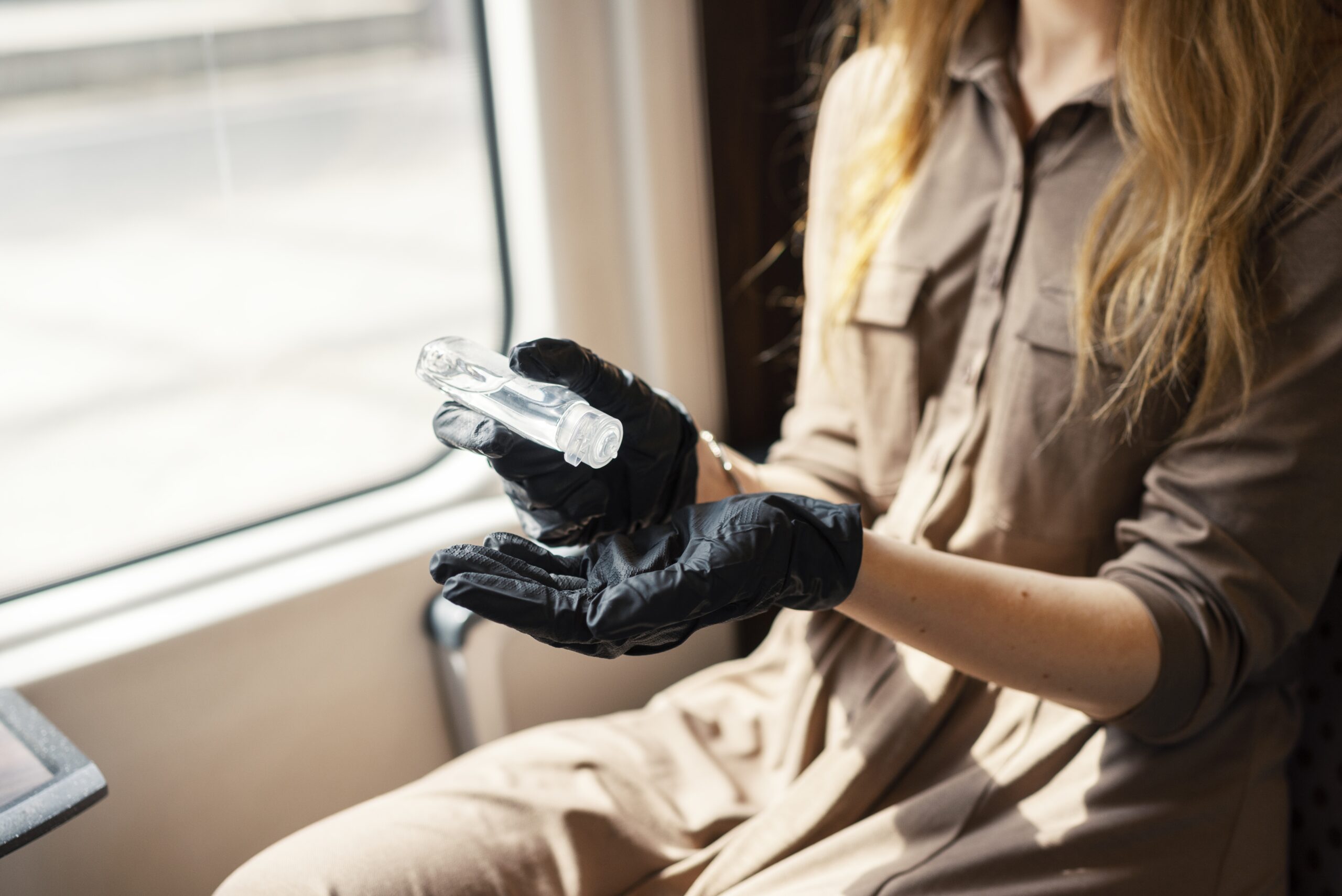When you begin your Ativan and alcohol treatment journey, you’re taking an important step toward addressing both benzodiazepine therapy and alcohol dependence. Managing these overlapping concerns often requires a dual diagnosis approach that acknowledges how mental health conditions like anxiety, depression, or trauma can amplify substance use. In addition, you may encounter unique challenges as you balance safe benzodiazepine use with reducing or eliminating alcohol consumption. This guide explores strategies and resources to help you navigate co-occurring disorders, integrate evidence-based therapies, and build a supportive environment for lasting recovery.
Understand dual diagnosis
Define co-occurring disorders
A dual diagnosis, or co-occurring disorder, means you’re managing a substance use disorder alongside a mental health condition. Common combinations include alcohol dependence with depression, anxiety disorders, or post-traumatic stress. When you have two overlapping diagnoses, each can exacerbate the other, making treatment more complex.
Impact on treatment outcomes
Integrated care that addresses both substance use and mental health leads to better results. For example:
- According to SAMHSA’s 2022 National Survey on Drug Use and Health, about 21.5 million adults in the US have a co-occurring disorder [1].
- People with untreated co-occurring conditions often struggle to stay in treatment and may see reduced effectiveness from medications for chronic conditions [2].
- Integrated approaches reduce hospitalization rates and improve quality of life by treating the whole person rather than isolated symptoms.
Risk factors that contribute to both substance use and mental health disorders include:
- Genetic predisposition
- History of trauma or chronic stress
- Adverse social environments
- Polysubstance use patterns
Recognizing these interactions helps you seek a dual diagnosis rehab program or dual diagnosis treatment center that offers comprehensive care.
Recognize Ativan interactions
How Ativan works
Ativan (lorazepam) belongs to the benzodiazepine class, which enhances the calming neurotransmitter GABA in your brain. Clinicians often prescribe it to manage acute anxiety or assist in alcohol withdrawal by easing agitation and preventing severe symptoms.
Risks with alcohol use
Combining benzodiazepines and alcohol increases sedation and respiratory depression. This combination can:
- Intensify drowsiness and impair coordination
- Heighten overdose risk, especially with high doses
- Exacerbate memory lapses and cognitive impairment
In addition, long-term use of benzodiazepines without monitoring may lead to tolerance, dependence, or withdrawal symptoms when you stop.
Safe administration guidelines
To reduce risks, follow these practices:
- Always disclose your alcohol use history to prescribing clinicians.
- Adhere to dosage and tapering schedules exactly as instructed.
- Avoid mixing with other central nervous system depressants, including opioids.
- Attend regular follow-up appointments to assess side effects and progress.
For specialized support, explore ativan and alcohol dual diagnosis treatment that tailors medication protocols to your unique needs.
Get Help. Get Better. Get Your Life Back.
Searching for Accredited Drug & Alcohol Rehab Centers Near You? Or Mental Health Support?
Even if you have failed previously, relapsed, or are in a difficult crisis, we stand ready to support you. Our trusted behavioral health specialists will not give up on you. Call us when you feel ready or want someone to speak to about therapy alternatives to change your life. Even if we cannot assist you, we will lead you wherever you can get support. There is no obligation. Call our hotline today.
FREE Addiction Hotline – Call 24/7Explore evidence-based therapies
A key component of lasting recovery is integrating psychotherapies that target both addiction and mental health symptoms.
Cognitive behavioral therapy
CBT helps you identify and reframe negative thoughts that drive substance use. By challenging unhelpful beliefs—such as “I need alcohol to cope”—you build healthier coping strategies. If you’re interested, consider a CBT therapy for addiction program or cbt addiction treatment.
Dialectical behavior therapy
DBT focuses on emotional regulation and distress tolerance. You learn skills to manage intense emotions without turning to substances. Many dbt therapy for substance abuse programs incorporate mindfulness and interpersonal effectiveness training.
EMDR for trauma
Eye-Movement Desensitization and Reprocessing (EMDR) can alleviate trauma symptoms that often underlie addiction. By processing distressing memories, you reduce triggers for substance use. Specialized tracks like emdr therapy for trauma and emdr therapy for addiction integrate EMDR with addiction counseling.
Biofeedback techniques
Biofeedback teaches you to control physiological responses—heart rate, muscle tension, breathing. This mind-body connection supports anxiety management and relapse prevention. Look for a biofeedback therapy program or biofeedback therapy for addiction in your area.
Therapy comparison
| Therapy type | Focus | Format | Key benefit |
|---|---|---|---|
| Cognitive behavioral therapy | Thought patterns | Individual or group | Builds practical coping strategies |
| Dialectical behavior therapy | Emotional regulation | Group + individual | Improves distress tolerance and mindfulness |
| EMDR | Trauma processing | One-on-one | Reduces trauma-related triggers |
| Biofeedback | Physiological self-regulation | Individual | Enhances mind-body awareness |
Integrate holistic practices
Whole-person recovery supports physical, emotional, and social well-being in addition to clinical therapies.
Mind-body therapies
- Guided meditation can reduce stress and cravings. Explore a guided meditation therapy rehab offering.
- Massage therapy promotes relaxation and lowers anxiety levels; consider massage therapy for recovery.
Recreational and nutritional support
- Recreational therapy encourages healthy outlets like hiking or art; see options at recreational therapy for addiction or recreational therapy rehab.
- Balanced nutrition and regular exercise support brain health, improve mood, and stabilize sleep patterns.
Family involvement
Including loved ones in treatment fosters accountability and understanding. Family therapy sessions address communication patterns and support dynamics. Ask about a family therapy treatment program or family therapy for addiction in your care plan.
Build supportive environment
Recovery thrives when you feel connected and understood.
Gender-specific and group support
Some individuals benefit from gender-focused groups that address unique challenges. You might explore gender-specific therapy addiction tracks. Group therapy also offers peer empathy—look into a group therapy rehab or group therapy addiction program.
Dual diagnosis program options
Choosing a comprehensive center ensures coordinated care:
- Dual diagnosis rehab program for on-site inpatient support
- Dual diagnosis treatment center for outpatient flexibility
- Dual diagnosis recovery program for continuing care and relapse prevention
These environments foster camaraderie and deliver the support necessary for lasting recovery.
Plan personalized treatment
Your path to recovery should reflect your individual history, preferences, and goals.
Screening and assessment
Early detection of co-occurring disorders is critical. Providers follow SAMHSA’s “no wrong door” policy to ensure you receive comprehensive screening for both mental health and substance use no matter where you seek help [3].
Collaboration with professionals
A multidisciplinary team—primary care, psychiatrist, therapists—coordinates your care. Regular communication helps adjust medications, monitor side effects, and refine therapeutic goals.
Medication-assisted approaches
In addition to Ativan protocols, you may receive FDA-approved medications for alcohol dependence, such as naltrexone or acamprosate. Tailored plans, like an alcohol and depression dual diagnosis treatment or an alcohol and depression treatment program, address both mood symptoms and drinking behaviors.

Get Your Life Back
Find Hope & Recovery. Get Safe Comfortable Detox, Addiction Rehab & Mental Health Dual Diagnosis High-Quality Care at the We Level Up Treatment Centers Network.
Hotline (877) 378-4154Monitor progress and outcomes
Ongoing evaluation empowers you to stay on track and adjust as needed.
Tracking symptoms and triggers
Maintain a journal or use a digital app to log:
- Anxiety or depression levels
- Cravings and alcohol consumption
- Ativan dosage and side effects
Adjusting treatment plans
Review progress with your care team regularly. You might increase therapy frequency, modify medication doses, or add new modalities like holistic therapy addiction treatment or a holistic addiction therapy program.
Avoiding relapse
Develop a relapse prevention plan that includes:
- Emergency contacts
- Coping skills for high-risk situations
- Peer support check-ins
Find ongoing resources
Recovery is a lifelong journey; tap into networks that sustain your growth.
Professional referrals
If you need specialized care, your primary provider can connect you with mental health specialists or outpatient clinics that follow integrated care models recommended by NIMH and NIDA.
Community and peer support
- Twelve-step groups like AA or dual diagnosis-specific meetings
- SMART Recovery and other secular alternatives
- Online forums and apps for daily check-ins
Overall, combining medication guidance, evidence-based therapies, holistic practices, and a supportive environment empowers you to reclaim control. If you’re ready to take the next step, reach out to a dual diagnosis rehab program today and begin your path toward comprehensive, individualized recovery.





